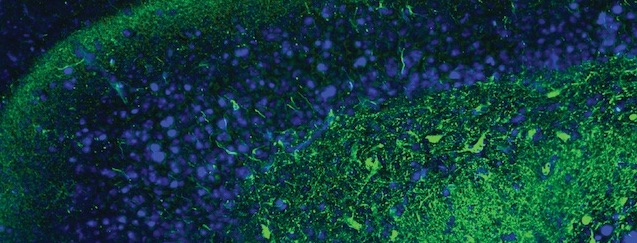Project 1: Reduction of Pro-Inflammatory Signaling

Project 1 is testing the hypothesis that adjunctive therapies to standard of care that reduce inflammation will mitigate the long-term, adverse neurological consequences of acute intoxication from organophosphate (OP) nerve agents. Clinical and experimental evidence shows that current standard of care for acute OP intoxication (atropine, oxime, and benzodiazepine) does not sufficiently protect against persistent neuropathology or prevent development of spontaneous seizures and cognitive deficits in survivors. Neuroinflammation is the normal response to injury, but when neuroinflammation becomes protracted or too intense it can become harmful, leading to acute or chronic neurodegeneration and epilepsy.
With the use of a well established model of acute diisopropylflurophosphate intoxication (DFP is a surrogate for OP nerve agents that cause life-threatening seizures), Project 1 aims to:
- Characterize the spatiotemporal profile of neuroinflammation following DFP intoxication.
- Evaluate the neuroprotective efficacy of selected test therapeutics that target dysregulated inflammatory mediators.
- Determine the safety and broad-spectrum efficacy of therapeutic leads.
